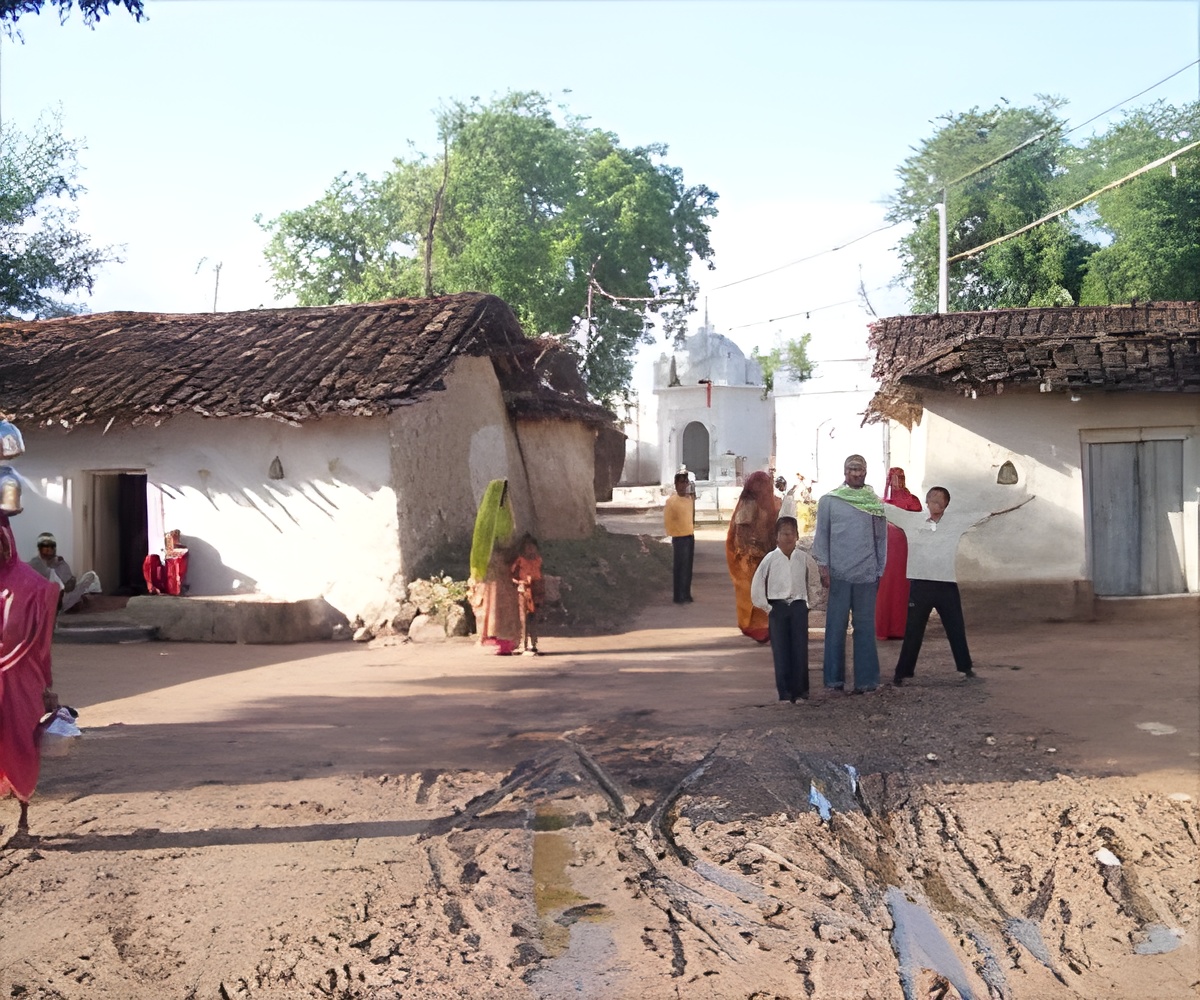Wielding shoves, rakes and carts, a group of residents in a suburb of the northern Indian city of Ghaziabad head enthusiastically to clean-up their neighborhood.

"In this sector there has been a complete social revolution," says Gireesh Sharma, one of the founders of the group known as the "Cleaning Express", which has been organising weekly tidying sessions in their local area for the past 15 months.
"People now hate dirt. They stop each other from throwing litter."
Capturing this spirit, and triggering a mass movement for cleanliness in a densely populated country of 1.2 billion people, is the aim of the government's "Clean India" campaign.
It was launched with fanfare last month by Prime Minister Narendra Modi, who took to the streets himself with a broom to urge all citizens to take part.
Promising millions in central government funding for the drive to get the nation clean in time for the 150th anniversary of the birth of Mahatma Gandhi in 2019, Modi has said eradicating filth is a patriotic duty.
Advertisement
"We have very limited landfill sites... we don't have any place in the colonies (residential areas) where garbage can be dumped properly," said Rakesh Kumar Singh, Ghaziabad's municipal commissioner.
Advertisement
Critics of the government's cleanliness drive say it glosses over the connection between sanitation and India's caste system, with its rigid hierarchy of social groups and their associated traditional occupations.
Campaigners say it fails to acknowledge that filthy cleaning tasks, including separating rubbish and clearing drains and gutters, fall exclusively to those at the very bottom of the caste spectrum.
"As long as you have this caste-ist mindset, thinking there is someone else to clean, no campaign can get success in this country," says Bezwada Wilson, founder of the Safai Karmachari Andolan, which works to free sanitation workers from their hereditary roles.
Source-AFP









